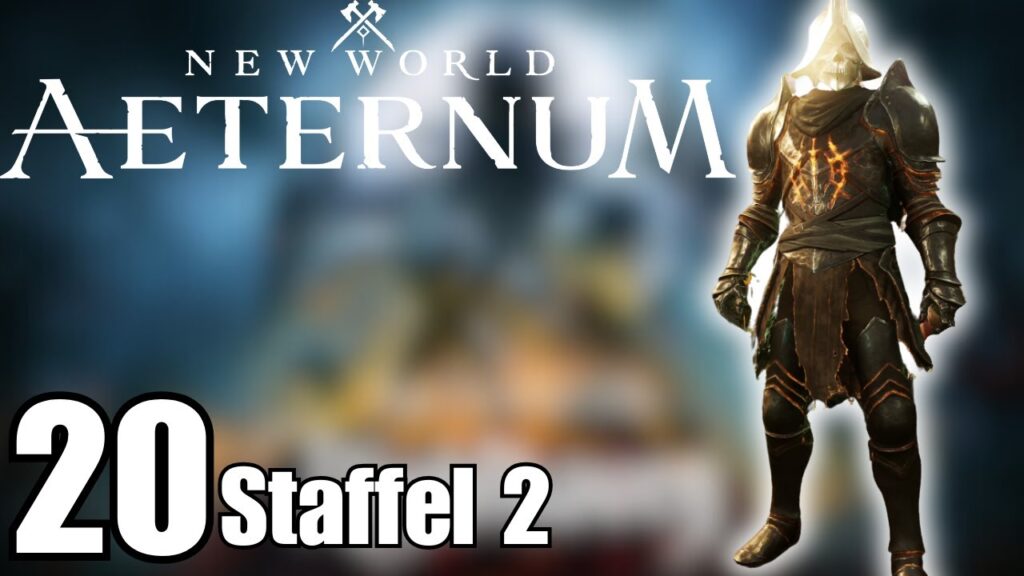
Introduction
The term ‘New World’ often denotes significant shifts in various dimensions, particularly in socio-economic and geopolitical landscapes. In 2023, global dynamics are witnessing profound transformations influenced by technological advancements, environmental changes, and evolving political scenarios. This relevance makes it imperative for citizens and policymakers alike to understand these trends profoundly.
Current Events Shaping the New World
One major factor contributing to the shaping of a new world is the ongoing technological revolution. With the rise of artificial intelligence, automation, and digital currencies, many sectors are redefining their operational strategies. Reports from various tech journals indicate that AI is projected to contribute up to $15.7 trillion to the global economy by 2030, fundamentally altering labor markets and economic structures.
Another crucial aspect is the environmental issues pressing for immediate attention. Climate change continues to spur international cooperation as countries strive to meet their emissions targets under the Paris Agreement. Recent studies show that global carbon emissions decreased by 7% in 2020 but have been steadily rising since as the world rebounds from the pandemic disruptions. This has led nations to reconsider energy policies and consumer behaviors, signifying a pivotal shift in global sustainability efforts.
Political instability also adds layers to the new world narrative. With increasing tensions between major powers, such as the United States and China, concerns over trade and security are prompting nations to re-evaluate their alliances and defense strategies. The Russia-Ukraine conflict has further exemplified this, becoming a flashpoint that complicates international relations, affects energy supplies, and incites discussions around humanitarian crises.
Conclusion
As we navigate this evolving new world, it is essential to recognize both the challenges and opportunities it presents. Embracing technological advancements while fostering sustainable practices will be key for future progress. Moreover, understanding the geopolitical landscape is critical for countries to forge beneficial alliances and maintain stability.
In conclusion, the concept of a new world encapsulates a period of transformation affecting individuals, businesses, and governments globally. As trends in technology, environment, and politics continue to unfold, readers are encouraged to remain informed and engaged as these elements will significantly influence the global experience in the years to come.



